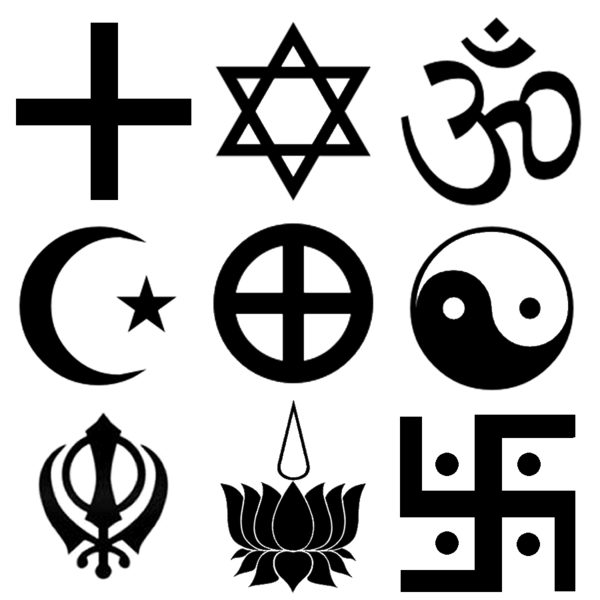The picturesque landscapes of Poland, with their verdant fields and historic architecture, serve as a backdrop to a deeply ingrained religious culture. Catholicism is not merely a spiritual practice here; it is woven into the very fabric of Polish identity. But have you ever pondered how a single faith could shape an entire nation’s ethos? This inquiry into Polish Catholicism offers a glimpse into the complexities of spirituality and nationalism.
Poland’s Roman Catholic population represents approximately 90% of its citizens, a statistic that stands as a testament to the profound influence of Catholic doctrine and traditions on everyday life. The intertwining of religion with national identity can be traced back centuries, forming a cornerstone that has upheld the Polish spirit through adversity.
Historically, Catholicism took firm root in Poland in the 10th century, during the reign of Mieszko I who adopted Christianity, establishing it as a unifying force among disparate tribes. This act of embracing Catholicism was not just a spiritual decision; it marked the inception of Poland as a singular nation, as the church provided a common language and cultural touchstone for Polish people across the kingdom. This early adoption laid the groundwork for a profound connection between the Church and Polish identity that persisted through times of upheaval.
The Reformation and subsequent religious wars swept across Europe, yet Poland emerged as a bastion of relative religious tolerance. The unique pluralism found within its borders during the 16th century juxtaposed with the enduring dominance of Catholicism underscored the resilience of the faith. However, this period of coexistence did not diminish the central role of Catholicism; instead, it fortified the Church’s significance as a protective entity for Polish culture amidst diverse influences.
Fast forward to the 20th century, where the external challenges posed by WWII and the subsequent communist regime reshaped the landscape. Poland’s tumultuous history fortified the bond between Catholicism and national identity. The Church became a sanctuary for dissenting voices against the oppressive governance, rallying citizens and providing moral guidance. This historical juncture gave rise to iconic figures such as Cardinal Stefan Wyszyński and Pope John Paul II, whose leadership not only galvanized faith but also catalyzed political reformation.
Pope John Paul II, in particular, emerged as a beacon of hope during a time of immense hardship. His return to Poland in 1979 represented not just a papal visit; it became a clarion call for national pride. His exhortations for dignity and freedom resonated deeply, further enshrining Catholicism as a fundamental pillar of Polish resilience and identity. John Paul II’s encyclicals and his ardent promotion of human rights infused a sanctified ethos into the struggle for liberation, reinforcing the belief that faith was intertwined with the very notion of being Polish.
Nevertheless, in a contemporary context, one might ask: can a singular faith encapsulate the entirety of a nation’s identity? While Catholicism remains dominant, Poland is not impervious to the forces of globalization and secularism. The advent of modernity has facilitated the emergence of diverse belief systems, challenging the monolithic portrayal of Polish religious adherence. Certain segments of society are increasingly favoring a secular perspective, leading to a nuanced interplay between tradition and contemporary values.
The discussions surrounding LGBTQ+ rights, women’s reproductive health, and broader social reforms have incited vigorous debates within the Polish populace. Tensions have surfaced as some proponents of progressive ideologies contend that the Church’s conservative stance alienates specific demographics of the population. This poses a quagmire: could fissures in national identity fomented by religious dogma lead to broader rifts within society? The challenge lies in reconciling traditional beliefs with emerging societal values without fracturing the communal bond that faith has so diligently constructed.
Despite these tensions, the role of the Catholic Church in Poland remains profound. It serves as a unifying force in times of crisis and mourning. Festivities such as Christmas and Easter not only mark religious observances but also foster communal gatherings that reinforce a collective identity. Moreover, pilgrimages to sacred sites like Jasna Góra serve as a manifestation of faith intertwined with national pride, demonstrating that the reverence for tradition endures despite societal shifts.
Ultimately, the relationship between Catholicism and Polish national identity is an intricate tapestry woven from threads of devotion, history, and communal experience. Polish identity cannot be distilled to mere religious affiliation; rather, it emerges from a synthesis of cultural, historical, and spiritual elements. As Poland stands at the crossroads of tradition and modernity, it must navigate these changes thoughtfully, seeking to uphold the essence of its rich heritage while welcoming the multiplicity of beliefs that coexist within its borders.
Thus, Poland invites not only reflection upon the significance of Catholicism but also an examination of how faith—subject to evolving narratives—will continue to shape its national identity in a rapidly changing world. How will this journey unfold? Only time will tell, as the Polish people chart their course between the sacred and the secular.



